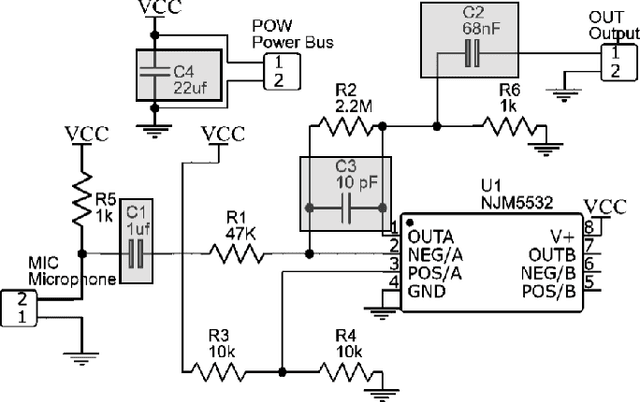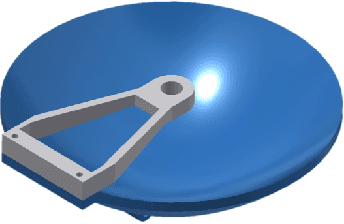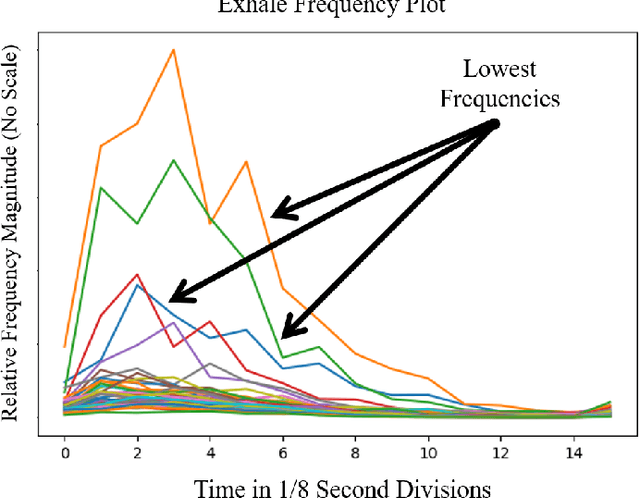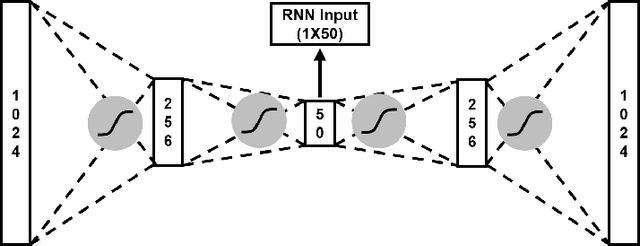Application of Autoencoder-Assisted Recurrent Neural Networks to Prevent Cases of Sudden Infant Death Syndrome
Paper and Code
Apr 28, 2019



This project develops and trains a Recurrent Neural Network (RNN) that monitors sleeping infants from an auxiliary microphone for cases of Sudden Infant Death Syndrome (SIDS), manifested in sudden or gradual respiratory arrest. To minimize invasiveness and maximize economic viability, an electret microphone, and parabolic concentrator, paired with a specially designed and tuned amplifier circuit, was used as a very sensitive audio monitoring device, which fed data to the RNN model. This RNN was trained and operated in the frequency domain, where the respiratory activity is most unique from noise. In both training and operation, a Fourier transform and an autoencoder compression were applied to the raw audio, and this transformed audio data was fed into the model in 1/8 second time steps. In operation, this model flagged each perceived breath, and the time between breaths was analyzed through a statistical T-test for slope, which detected dangerous trends. The entire model achieved 92.5% accuracy on continuous data and had an 11.25-second response rate on data that emulated total respiratory arrest. Because of the compatibility of the trained model with many off-the-shelf devices like Android phones and Raspberry Pi's, free-standing processing hardware deployment is a very feasible future goal.
 Add to Chrome
Add to Chrome Add to Firefox
Add to Firefox Add to Edge
Add to Edge